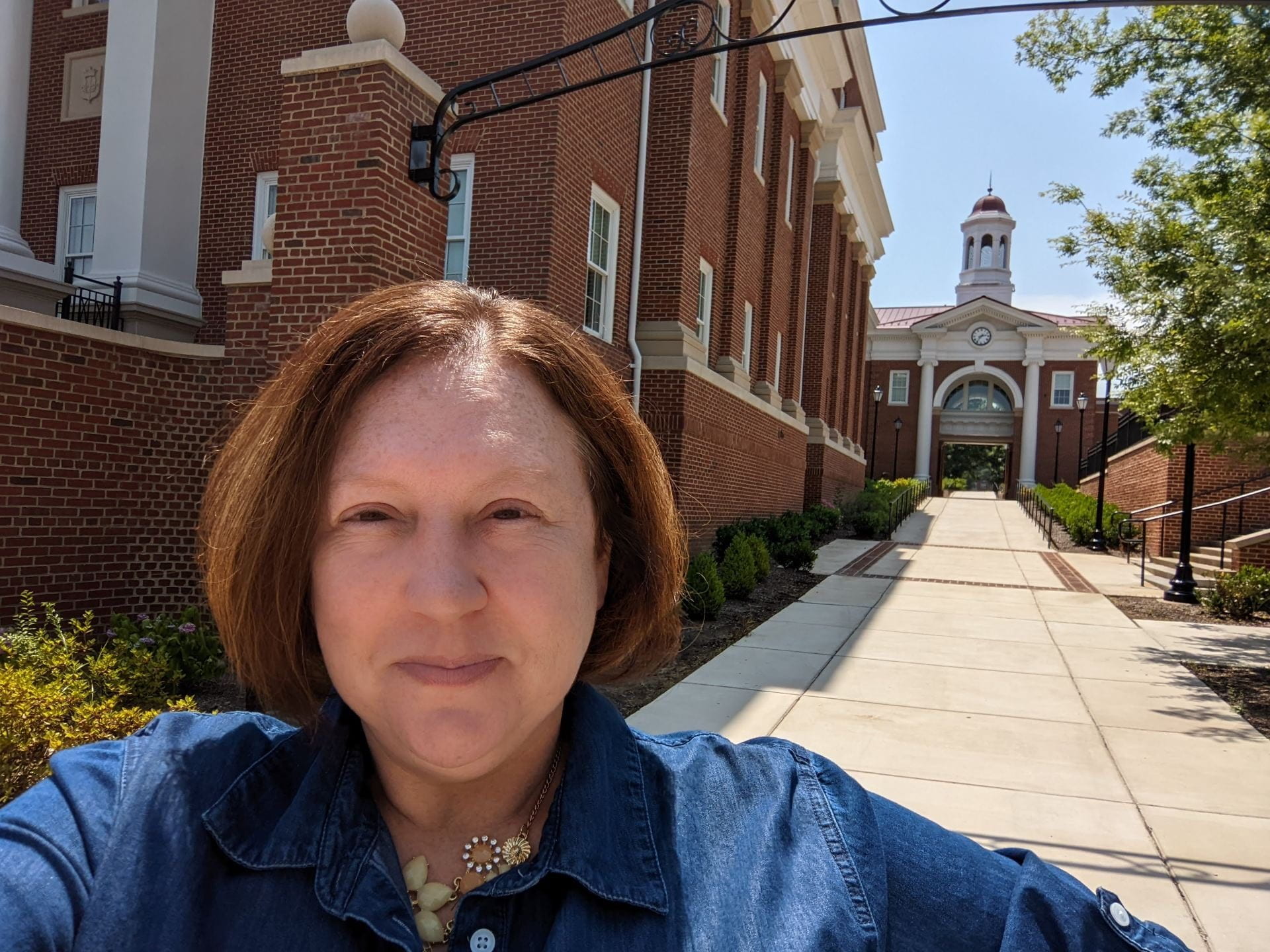Drive-Thru Pedagogy Blog
Pick up something practical.
The Human Professor: Opening up to Promote Engagement
February 7th, 2023 • Kim Case
Do you remember that even in the classroom you are still a full, dynamic, interesting, entire human being? Along the way, instructors sometimes pick up the message that they must maintain strict walls between students and themselves. Yet our imaginary walls may prevent us from making essential connections that support learning. We can share our humanity while maintaining professionalism if we interrogate the assumptions behind what it means to be “professional.”
What if we could open up and share our own human-ness in the learning context? In fact, we can connect with our students as complex humans and help them feel more comfortable approaching us with their learning needs. I am not suggesting we remove all boundaries, because boundaries are essential. But being human with our students does require us to be more vulnerable. The benefits to their sense of belonging, seeing you as someone they can talk to, can be realized through even small glimpses into your humanity. Let’s look at some ideas from my Syllabus Challenge toolkit:
Add a personal touch
Include a picture of you to help students see you as a real person. How about a picture of you and your family? You and a pet? You doing something that challenges their “Professor” schemas? Why not share some personal information (that you feel comfortable sharing)? Hobbies, surprising facts, or sharing a favorite recipe could move you from cold/scary professor to approachable human. My syllabus often includes a picture of my kitty Guster, surprising facts like my clogging dance team life outside academia, and my go-to karaoke song (“When Doves Cry”).
Include your teaching philosophy
One way to show you are a human is to share portions of your teaching philosophy. When students can begin to see how you give careful thought to your pedagogical choices and why you teach, they see you as an ally in their journey to success. Imagine how these sentences might affect a student’s view of their professor:
- “When students are interested in new topics we discuss in class, I enjoy the thrill of witnessing their energy and enthusiasm.”
- “I encourage students to maintain contact with me after leaving my classes, and my connections with students rarely end with final exams.”
- “One of my main goals in teaching: supporting traditionally marginalized students in their discovery as knowledge producers and their ultimate academic success.”
We rarely share our pedagogical philosophies or the thousands of decisions we make to create an effective learning experience. Why not share?
Consider your intersectional social location
Sharing more of yourself can be easier for faculty with more systemic privilege as students may read them as more legitimate, credible, and worthy of respect. As a White educator, sharing more personal information and telling students about my life outside of work comes with less risk than my colleagues of color might face in the same situation. For example, my Latinx and Black colleagues might risk students perceiving their willingness to share as a sign of being less professional.
Sharing your humanity
How could you bring more of your humanity and “real life person-ness” to your syllabus? What can you share that breaks up the idea of the unapproachable professor with no time for students? What makes you a human outside of your academic role? And of course, what are you comfortable sharing about your own intersectional social identity that could support building trust and community with your students?
© 2023 Kim Case. The text of this work is licensed under a Creative Commons BY-NC-SA 4.0 International License.
Meet the Author
Kim Case
Director of Faculty Success and Professor of Psychology, Virginia Commonwealth University
Kim is a social psychologist investigating the ways social justice academics and allies contribute to intentional and intersectional creation of inclusive spaces within educational, workplace, and community settings. Her pedagogical scholarship, including three books, addresses inclusive teaching practices across all disciplines with special attention to anti-racist and social justice pedagogies. www.drkimcase.com
